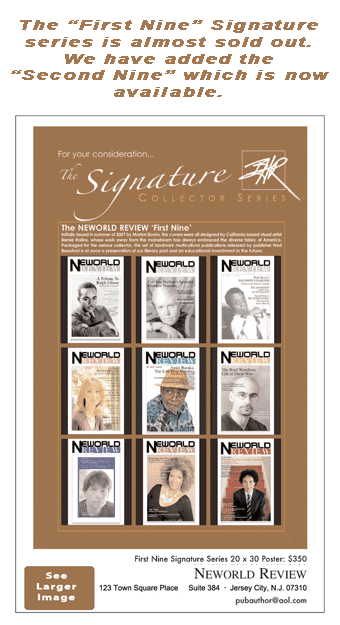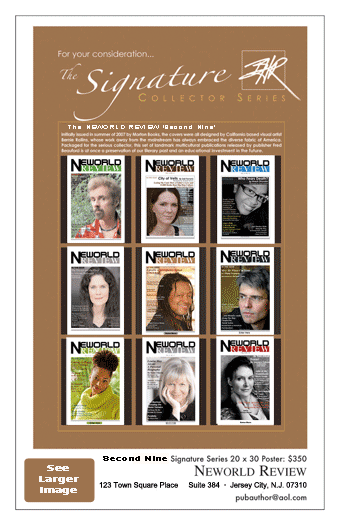MEMOIR
Harry Belafonte—My Song (A Memoir)
With Michael Shnayerson
Alfred A. Knopf | 469 pages | $30.50
Reviewed by Herb Boyd
My first encounter with Harry Belafonte occurred as a teenager when his “Day-O” and “Jamaica Farewell” were at the top of the charts and calypso was all the rage. I had a friend who was so absolutely fascinated by Belafonte; he did everything to be like him, including his dress, mannerisms, and hair-style. We used to kid him that it was too bad he couldn’t sing because otherwise he was a dead ringer.
For years the world has been waiting for Harry Belafonte to tell his story, to sing a song of his life that only he could do. Often when reporters asked about the possibility of such a memoir or autobiography, Belafonte would quickly brush off the inquiry, insisting they move on to the next question.
Many were left to conclude that maybe he had too many skeletons in the closet, too many things about him he’d rather not discuss, incidents and episodes he’d rather not relive.
Well, those skeletons and episodes come fully to life in My Song, and the legendary singer/actor/activist spills out his story, warts and all.
Readers finally get the lowdown about his off-and-on friendship with Bill Cosby and Sidney Poitier, whom he met when both were aspiring actors at the American Negro Theatre in Harlem; in jarring detail you learn of his love affairs and the circumstances that ended his two marriages, his infatuation with the doomed Dorothy Dandridge; his falling out with the King family to whom he devoted such love and affection, and there’s even the revelation about a mole from the FBI who manipulated his way into Belafonte’s trust.
Rewarding, too, are his unsparing impressions of President Obama, who in his estimation “seems to lack a fundamental empathy with the dispossessed, be they black or white.” And there’s more.
These are just a few of the titillating moments in a lengthy book stocked with two sections of photographs from his glorious career.
My Song is split between Belafonte the actor and Belafonte the activist, and even some of his most ardent fans may be surprised anew to know just how much of his time, energy and money were given over to civil and human rights struggles.
Given his matchless sacrifices—and risks—you would have to be completely heartless not to cut him some slack for all his indiscretions and dalliances.
Among Belafonte’s idols were Paul Robeson (“he gave me my epiphany”), and to a great degree he’s patterned his life after the immortal Robeson, rarely ever comprising his artistic and political integrity. In fact, Belafonte’s art and politics are so tightly interwoven that they are as immutably consistent and unimpeachable as they are inseparably joined.
It isn’t easy to find one passage that summarizes his steadfast conviction and unwavering commitment to freedom, justice and equality, but this one may be serviceable: “Race was the cutting edge in everything I did,” he said about his role as a black entertainer. “To let myself be turned into an object of ridicule would undermine not just my stage persona, but my purpose as well.”
***
Thanks to HBO, folks have seen the documentary of Belafonte’s odyssey, but that’s just a trailer, and it comes nowhere near delivering the juicy details that populate each page of this book. Yes, there are a few false steps and miscues that a discerning Black historian and Harlemite would have caught, but they are minor and forgivable.
Belafonte, now a bald-headed octogenarian with a new wife, is still a captivating American icon, though his stripped vocal cords have put an end to his concert days.
In place of his raspy voice, there’s My Song, and in so many warm and wonderful ways it’s really our song.




